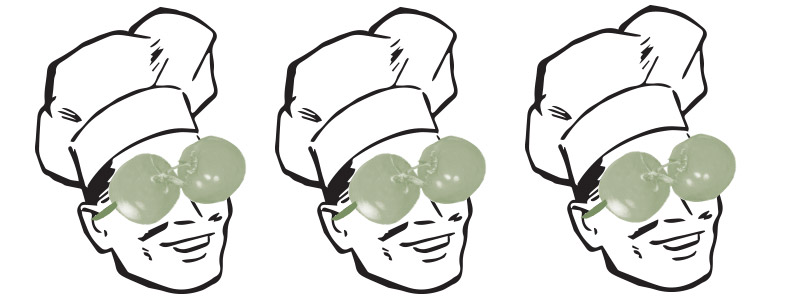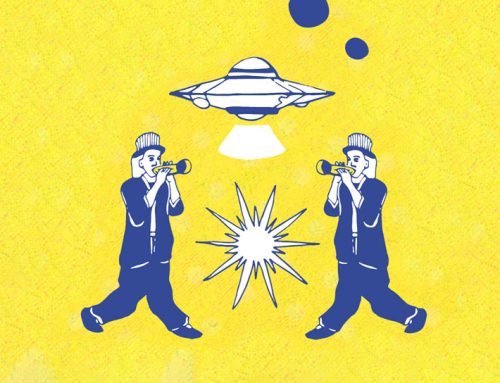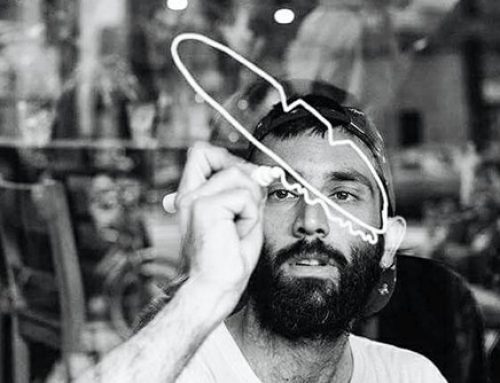When gastronomically vain Barcelonans are told the Mediterranean Diet was invented in California, they take it with a shrug: another case of cultural appropriation from La La Land, they begrudgingly imagine. Thing is, it wasn’t. Dr. Ancel Keys, a professor at Minnesota, determined low heart disease on the Mediterranean was due to eating habits, after a study begun in 1958. Since Keys lived to 100, dying in 2006, he got to see his theory championed the world over, with his own diet of veggies, fish, legumes and a bit of red meat proving you don’t have to be near the Sea itself to live Mediterraneanly well.
In the 1990s, the city’s halcyon decade for everything including food, Barcelonans learned they’d been living the dietary dream for years, though without realizing it. They’d been eating unconsciously well. Which makes us ask: is it right to be proud, even unbearably so, about something you had no idea you were doing?
Most Barcelonans are. The claim to have the best food in the world is tossed about in cavalier fashion, spurred on by so many Michelin stars, but also by human nature. Most people are presumptuous about what they eat, for a simple reason: human beings get hungry, so anything that can satiate the desire in the right time and place tastes pretty great. Whether you’re eating poutine in Quebec (fries doused in cheese curds and beef gravy) or fruit bat soup in Thailand (no description necessary), you’re going to like it if you’re hungry enough. Once registered neurologically, it becomes a food memory you’ll want to relive (along with whoever served it or dined with you).
Since the 1990s, coinciding with the food boom, the quality of things edible has declined scandalouslyThe gastronomic superiority of Barcelona is one of the few subjects you cannot argue. You can diss Gaudí, say the nightlife’s better in Madrid—they’ll hear you out. Say the food is no good, and they’ll think you’re a total idiot.
But that is where the contradictions begin. Since the 1990s, coinciding with the food boom, the quality of things edible has declined scandalously. Some still remember the sweetness of corner store tomatoes, tasty lettuce full of bugs because it hadn’t been sprayed, juice that was legally juice and not nectar or drink, bread before the bakery chains got their dough frozen and pre-proofed. Unique local coffee brands before the multinationals brought them down. Minced beef at the super that was just minced beef, not fourteen ingredients, half of them encoded preservatives.
The real effect on people is noticeable. So much gastro-hype has blinded the general population to the real risks of an increasingly industrial diet, with obesity rates skyrocketing. Spaniards are now fatter on average than French and Italians, but also Austrians and Germans. The lowest rate of obesity in Europe is in Switzerland, which, last time I looked, does not have a Mediterranean foothold.
The Mediterranean Diet, while historically rooted in a specific geography, can now be found on supermarket shelves the world over. Barcelona writer Manuel Vázquez Montalbán, whose detective Carvalho was a veritable gourmand, authored a brilliant book called Contra los gourmets (1990) which railed against gastronomic dogma. For Vázquez, the Mediterranean diet was totally diverse with one sole exception: “The only Mediterranean product uniformly present, and perhaps someday unifying, is eggplant, which is found in all its culinary cultures.” That phrase, along with more of his marvellous quotes, once presided over the square that bears his name in the Raval. For gastronomic good measure and dietary good sense, someone should put it back up.








